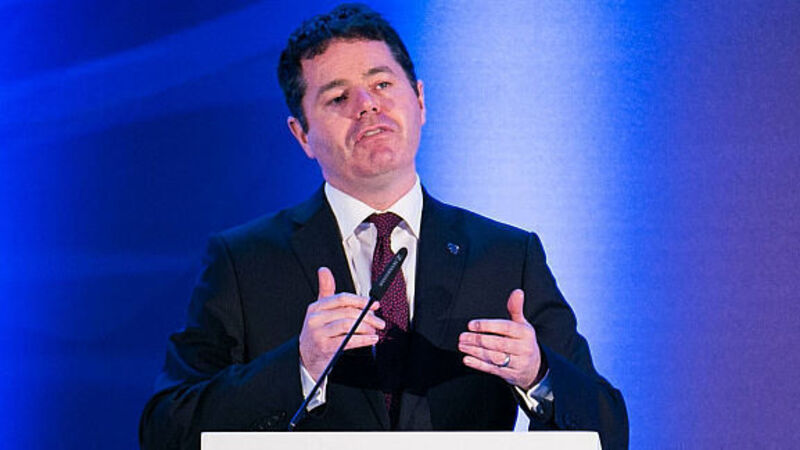‘Help-to-buy’ scheme threshold to be cut to €400k

The has confirmed Finance Minister Michael Noonan secured cabinet approval to reduce the threshold
from its budget day limit of homes to the value of €600,000.
Try from €1.50 / week
SUBSCRIBEThe Irish Examiner has confirmed Finance Minister Michael Noonan secured cabinet approval to reduce the threshold
from its budget day limit of homes to the value of €600,000.
Already a subscriber? Sign in
You have reached your article limit.
Annual €130 €80
Best value
Monthly €12€6 / month
Introductory offers for new customers. Annual billed once for first year. Renews at €130. Monthly initial discount (first 3 months) billed monthly, then €12 a month. Ts&Cs apply.
CONNECT WITH US TODAY
Be the first to know the latest news and updates
Newsletter
Keep up with stories of the day with our lunchtime news wrap and important breaking news alerts.
Monday, February 9, 2026 - 6:00 AM
Monday, February 9, 2026 - 8:00 AM
Monday, February 9, 2026 - 9:00 AM
© Examiner Echo Group Limited